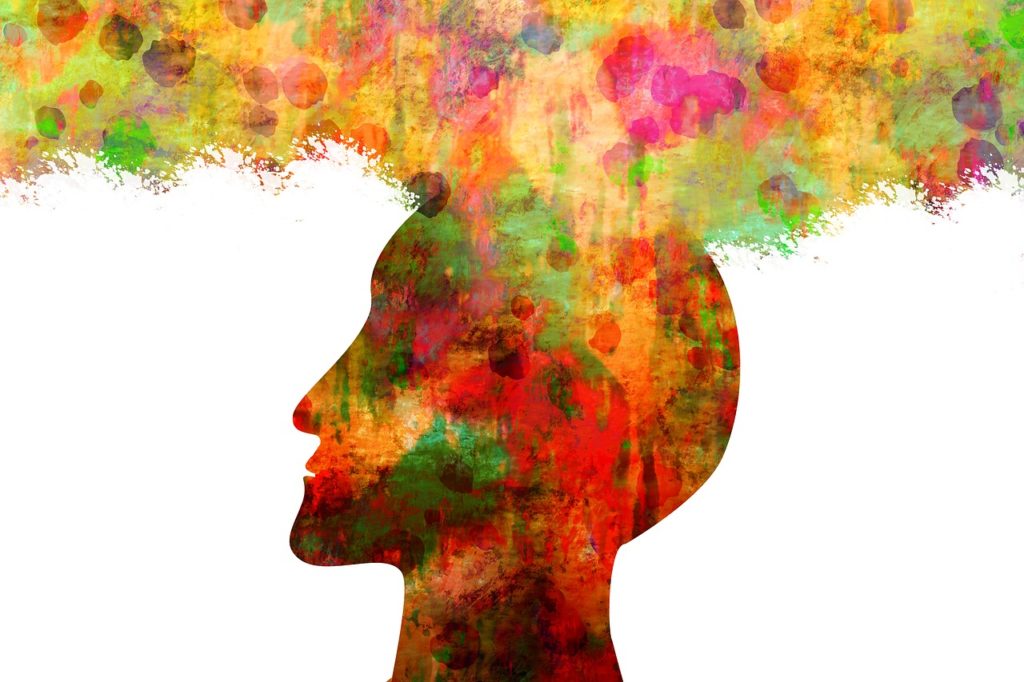Imagine a mixed salad.
Let’s make it simple: You’ve got lettuce, cucumbers, tomatoes, and garlic (because garlic should go on just about everything).
You mix the ingredients together—and then all hell breaks loose.
The cucumber yells at the tomato for being too red. Your color is really bothering me. Why can’t you be a bit more green like me?
The lettuce thinks the cucumber is way too rigid. You should become softer like me, the lettuce complains.
The tomato thinks the garlic is too pungent. You’re up here at a 10, says the tomato, and we need you down here at a 2.
The garlic, in turn, overwhelms the others and tries to make every bite more garlicky.
I know: vegetables don’t behave this way.
But humans do.
In many work meetings, you’ll find people trying to convince others that their way is the only right way.
In most organizations, you’ll find leaders who hire people who think like them and act like them (“What this company needs is more tomatoes like me!”).
In relationships that ultimately fail, you’ll find partners who try to force each other to become more like them (“Why can’t you be more extroverted like me?”).
A salad of just lettuce would be bland. It’s the combination and interplay of ingredients that make a dish great. (Assuming, of course, that the ingredients aren’t toxic).
And when mixed in the right way, ingredients don’t suppress the others. They bring out the best in each other.
Identical ingredients create boring dishes—just as identical sounds create an echo chamber.
The same is true for people. I have nothing to learn from someone who thinks exactly as I do. It’s like two mirrors reflecting each other into infinity.
Think of humans as individual ingredients, building up to a beautiful collective dish. Each part is important. Each part is idiosyncratic. The dish wouldn’t work if all the ingredients were the same color, shape, and flavor. What makes each ingredient different is also what makes it valuable.
If you suppress the other ingredients—or if you suppress your own self in an attempt to conform—the world loses its full flavor.
The cliche is wrong. Great minds don’t think alike.
And difference is not a problem to be fixed.
It’s a curious delight to learn from.




